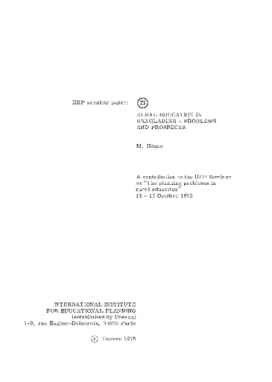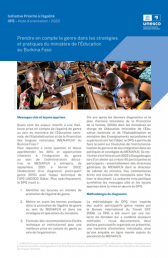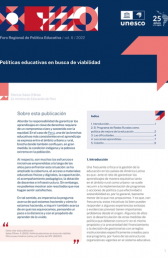
Langues
Anglais
Collections
IIEP Seminar Paper, 23
Année
1975
Pages
27 p.
Country
Version en ligne
A propos de la publication
As a land of extreme rural poverty and illiteracy, Bangladesh needs to consciously promote, develop, and support local institutions and participatory leadership, involving local people in the planning, development and implementation of developmental policies. Begun in 1959, the Comilla experiment constitutes the rationale for institutional planning, emphasizing local planning participation via local organizations, governments, and co-operatives working with governmental agencies that supply training and materials. Depending heavily upon systematized nonformal training programs, the Comilla experiment identified, trained, and educated natural rural leaders to act as change agents. Bangladesh's formal education system has traditionally emphasized the humanities, producing "gentlemen" contemptuous of labor and virtually unskilled. As the biggest institutional framework in Bangladesh, the formal school system has a great potential for providing basic education at the primary level and for "vocationalizing" secondary education. However, the immediate needs of literacy and production suggest that Bangladesh focus upon a strategy for nonformal education that includes: multisectoral community action programs decentralized planning and implementation a national policy to coordinate activities, integrated development self-reliant financing maximum use of existing institutions and resources research and evaluation, and target specific priorities (from ERIC database).









